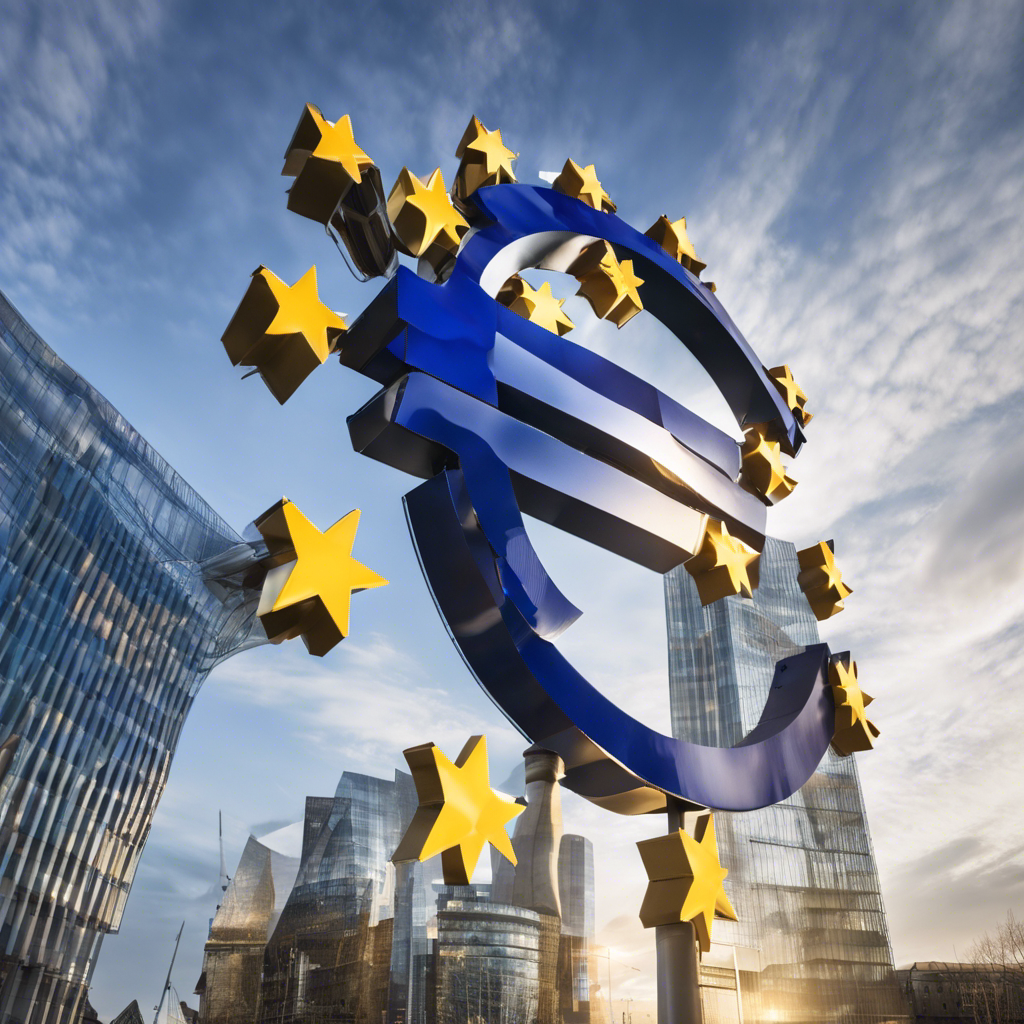The A.I. Act: Balancing Potential Benefits and Risks
The European Union (EU) has taken a groundbreaking step in regulating artificial intelligence (AI) with the of the A.I. Act. This landmark legislation, one of the first comprehensive attempts globally, aims to strike a delicate balance between harnessing the potential benefits of AI while mitigating its risks. Policymakers have focused on addressing the riskiest uses of AI by companies and governments, including law enforcement and critical services. The law, which is pending final approval, sets a new global benchmark for AI regulation.
Tackling Risky AI Use and Ensuring Transparency
The A.I. Act places particular emphasis on addressing the riskiest applications of AI technology. Companies utilizing large-scale general-purpose AI systems, such as the widely used ChatGPT chatbot, will be subject to new transparency requirements. This means that chatbots and software generating manipulated images, including “deepfakes,” must explicitly disclose that the content is AI-generated. The EU officials and earlier drafts of the law highlight the importance of ensuring transparency and preventing the spread of misinformation.
Restricting Facial Recognition and Safeguarding Privacy
The use of facial recognition software by law enforcement and government entities will face significant restrictions under the A.I. Act. While certain safety and national security exemptions may apply, the law aims to protect individuals’ privacy and limit potential abuses of this technology. By imposing these restrictions, the EU seeks to strike a balance between security concerns and safeguarding civil liberties.
Implications for Companies and Potential Penalties
Companies that fail to comply with the regulations outlined in the A.I. Act could face substantial penalties. Violators may be fined up to 7 percent of their global sales, sending a clear message that non-compliance will not be tolerated. This stringent approach underscores the EU’s commitment to ensuring accountability and responsible use of AI technologies.
Global Influence and the Future of AI Regulation
The EU’s move to establish comprehensive AI regulation sets a global benchmark for other countries grappling with the challenges and opportunities presented by AI. As one of the first regions to enact such legislation, the EU is poised to shape the future of AI regulation worldwide. The A.I. Act serves as a model for striking a balance between encouraging innovation and safeguarding against potential risks associated with AI.
Conclusion:
With the of the A.I. Act, the European Union has taken a significant step in regulating AI, setting a new global standard for comprehensive AI legislation. By focusing on the riskiest uses of AI, ensuring transparency, and safeguarding privacy, the EU aims to harness the potential benefits of AI while mitigating its potential risks. The penalties for non-compliance send a strong message to companies, emphasizing the importance of accountability and responsible use of AI technologies. As the EU shapes the future of AI regulation, other countries will likely look to the A.I. Act as a model for striking a balance between innovation and risk mitigation.











